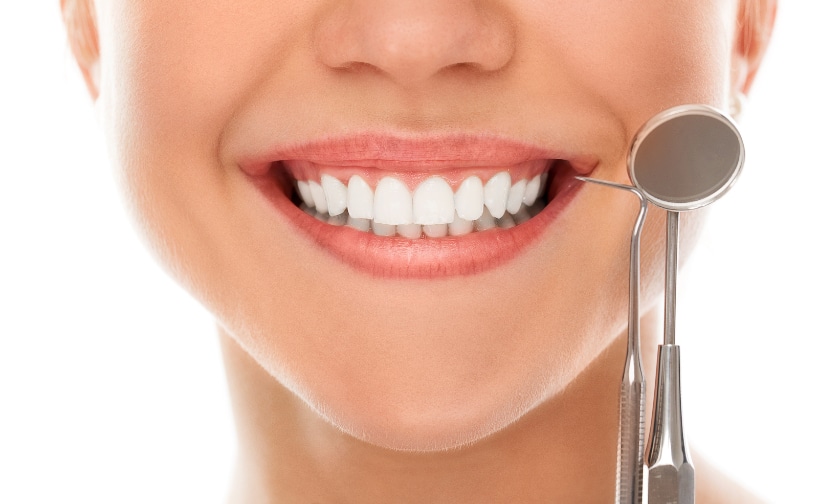Blog
Lucke Dental is the premiere dental practice in Fayetteville, AR. Our blog is meant to educate our patients and anyone looking for dental information
When it comes to your health, one of the most important things you can do is take care of your teeth. Proper oral hygiene not only helps prevent cavities, but it can also improve your overall health and well-being. Taking good care of your teeth requires more than just brushing and flossing; it also involves regular dental visits and preventive treatments such as restorative dentistry and veneers. In this guide, we will discuss the basics of dental care, as well as more advanced treatments such as restorative dentistry and veneers, crowns, and other cosmetic therapies.
Dental Hygiene Basics
It is important to establish a good oral hygiene routine that you can stick to. This means brushing your teeth at least twice a day and flossing once each day. It is also important to use the right kind of toothbrush and toothpaste, as well as any other products recommended by your dentist. Regular visits to the dentist are also key in preventing potential dental problems and catching them early if they do occur.
Brushing
Brushing your teeth twice a day is essential for good oral hygiene. It is important to choose the right kind of toothbrush—one that will not damage your gums or irritate them. Soft bristles are best, and you should replace your toothbrush every three to four months. When brushing, use gentle circular motions to ensure all areas are being reached.
Flossing
Flossing is just as important as brushing when it comes to good oral hygiene. It removes plaque and food particles that can cause cavities. When flossing, take special care to be sure you’re getting between all of your teeth. It is recommended to floss at least once a day, and more often if you have braces or other dental appliances.
Mouthwash
Using mouthwash is an optional but beneficial step in your oral hygiene routine. Some types of mouthwash can help reduce plaque and freshen your breath, while others contain fluoride and help to prevent cavities. Talk to your dentist about the best kind of mouthwash for you.
Restorative Dentistry
Restorative dentistry is a type of dental care that involves restoring teeth to their original form and function. This includes treatments such as crowns, bridges, veneers, implants, and dentures. Restorative dentistry is often needed if teeth are damaged from accident or decay. Restorative treatments can help restore the strength of your teeth, improve their appearance, and even correct misalignment.
Dental Crowns
Dental crowns are a restorative treatment used to cover and protect a damaged tooth. A crown can be made from porcelain, metal, or a combination of both materials. Crowns are used to restore the strength and appearance of teeth that have been damaged by decay or injury.
Veneers
Veneers are thin pieces of porcelain or composite resin that are bonded to the front of the teeth to improve their appearance. Veneers can be used to fill in gaps, cover chips and cracks, or simply whiten stained teeth. They can also be used as part of restorative treatments such as crowns and bridges.
Implants
Dental implants are an alternative to traditional bridges and dentures. A titanium post is surgically placed into the jaw, and an artificial tooth is attached to it. Implants can provide a more secure foundation for replacement teeth, improve speech, and enhance chewing ability.
Taking good care of your teeth is essential for optimal oral health and overall wellness. Establishing a good oral hygiene routine and visiting the dentist regularly are key components in preventive dental care. Restorative dentistry treatments such as crowns, bridges, veneers, implants, and dentures can also be used to restore and enhance the appearance of teeth that have been damaged due to accident or decay.
FAQs
Q1: How often should I brush my teeth?
A1: It is recommended that you brush your teeth at least twice a day and floss once each day.
Q2: What kind of toothbrush should I use?
A2: It is best to use a toothbrush with soft bristles. You should also replace your toothbrush every three to four months.
Q3: What types of Restorative Dentistry treatments are there?
A3: Restorative dentistry treatments include crowns, bridges, veneers, implants, and dentures.

